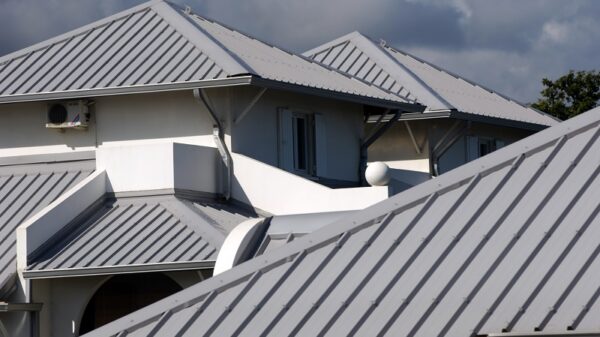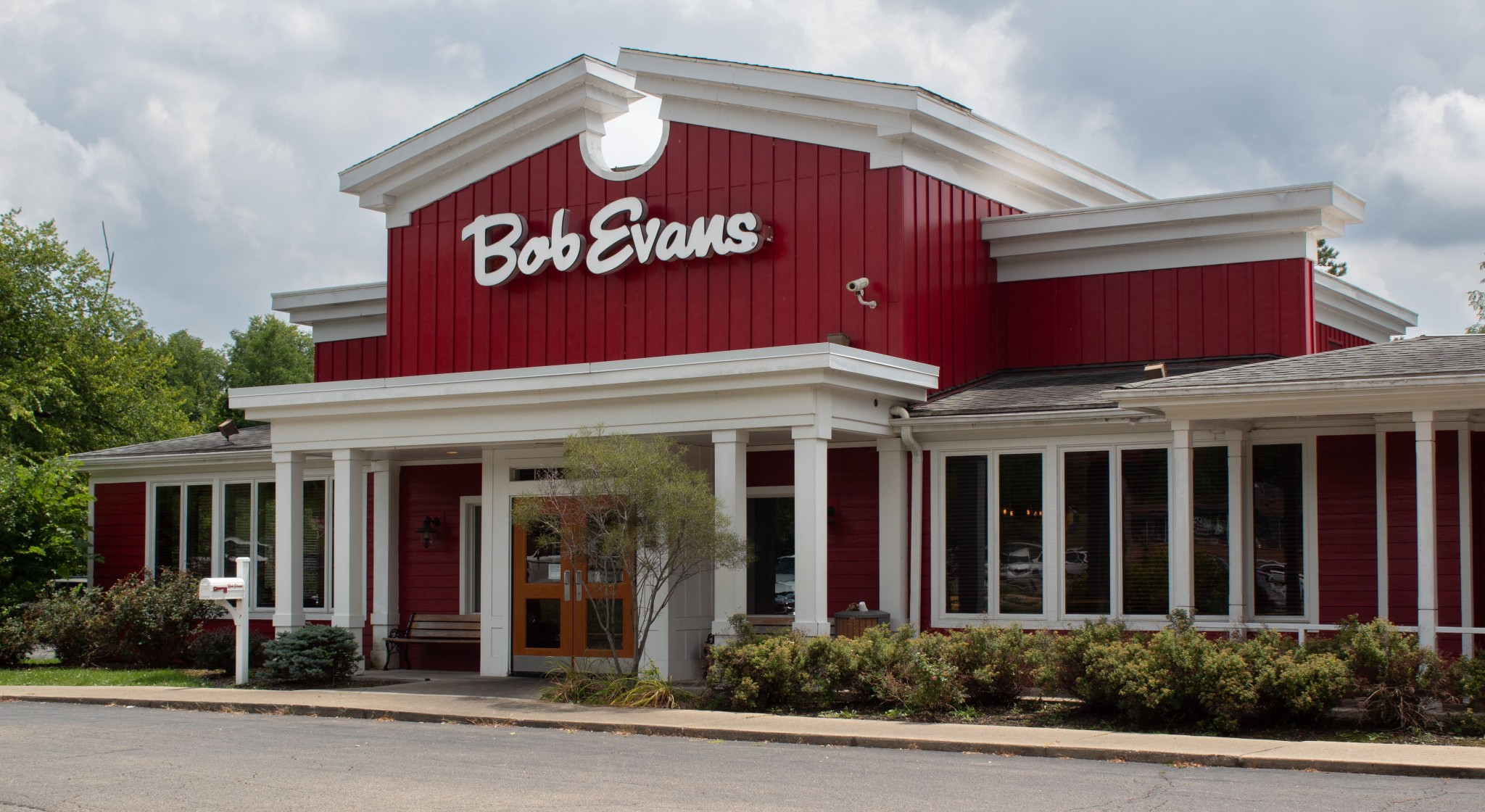Introduction
great western buildings lawsuit In the world of urban architecture, few controversies have captured the public’s attention like the Great Western Buildings lawsuit. This high-stakes legal battle has pitted architectural vision against heritage preservation, leaving city planners, developers, historians, and citizens divided over the future of iconic structures. As the case continues to unfold, it has become a focal point for discussions surrounding the delicate balance between progress and the preservation of cultural heritage.
The Great Western Buildings: A Glimpse into Architectural Marvels
great western buildings lawsuit The Great Western Buildings, located in the heart of [City Name], stand tall as a testament to the city’s rich history and architectural heritage. Built during the early 20th century, these structures reflect the aesthetic and engineering brilliance of their time. The Great Western Buildings have served as important cultural landmarks, attracting tourists, architecture enthusiasts, and locals alike.

Consisting of a mix of historic landmarks and modernist structures, the Great Western Buildings have a unique charm that captivates people from all walks of life. The juxtaposition of old and new has, for years, represented the city’s willingness to embrace its past while looking to the future.
The Legal Conundrum: Balancing Preservation and Progress
great western buildings lawsuit The lawsuit surrounding the Great Western Buildings centers on a proposed redevelopment plan by a prominent real estate developer, aiming to transform the area into a sprawling commercial complex. While the vision promises to inject new life into the city and drive economic growth, it also involves the demolition of some of the historic buildings, sparking a heated debate about the importance of preserving cultural heritage.

Proponents of the redevelopment argue that it will boost the city’s economy, create job opportunities, and attract businesses and investors. They contend that progress necessitates change, and the Great Western Buildings, though culturally significant, should not impede the city’s development.
On the other side of the argument are heritage preservationists, architects, historians, and community members who vehemently oppose the demolition. They stress that the Great Western Buildings are more than just physical structures; they hold intrinsic value as symbols of the city’s identity, embodying its cultural, social, and architectural history. Losing these iconic landmarks, they argue, would be akin to erasing an essential part of the city’s soul.
The Role of City Planners and Public Sentiment
City planners find themselves in a challenging position, tasked with balancing economic growth and preserving cultural heritage. They must navigate through the intricacies of zoning regulations, historical designations, and public sentiment. The decision they make will inevitably shape the city’s landscape and character for decades to come.

Public sentiment has been sharply divided, with passionate demonstrations both for and against the proposed redevelopment. Social media has played a pivotal role in mobilizing support and spreading awareness, making this lawsuit a topic of heated discussions in the digital realm.
Seeking a Middle Ground: Compromise and Adaptive Reuse
Amid the escalating legal battle and public outcry, some experts have suggested seeking a middle ground that preserves the core of the Great Western Buildings while incorporating adaptive reuse. Adaptive reuse is a process in which existing buildings are reimagined and transformed for new purposes, breathing new life into old structures while preserving their historical significance.
This approach allows for a compromise, where certain historic elements are retained, while still making room for modern development. Such a solution could serve as a win-win, appeasing both the advocates of heritage preservation and those advocating for progress.
Conclusion
As the Great Western Buildings lawsuit continues, it serves as a poignant reminder of the complex challenges faced by cities worldwide. It prompts crucial discussions about the delicate balance between progress and preserving cultural heritage. Finding a resolution that satisfies all stakeholders – the developers, heritage preservationists, city planners, and citizens – remains a formidable task.
Perhaps, this legal battle will serve as a catalyst for a broader conversation about the importance of urban planning, architectural preservation, and the preservation of a city’s history and identity. Ultimately, the outcome of this case will shape not only the skyline of [City Name] but also the future of urban architecture and heritage preservation around the globe.


















